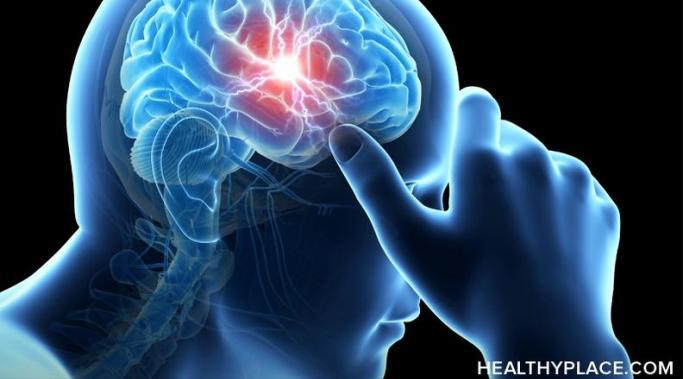Blogs
Lately, I’ve been cultivating what I call a philosophy of coziness to cope with schizoaffective anxiety. I got the idea from the Danish concept of hygge (pronounced hyoo-gah) which often translates to mean a certain kind of coziness. I was going to write this article on how hygge helps with my schizoaffective disorder, but I’m no expert on hygge—I literally discovered it less than two weeks ago. But hygge is becoming a springboard to create my own sense of inner coziness, and that’s helping with my schizoaffective anxiety.
Building a network for anxiety support can be an important part of overcoming anxiety. A support system of any type can empower you to take the necessary steps to overcome anxiety and create the quality life you want to live. When you have an anxiety support network on your side, it's comforting and can help you gather the courage to do what it takes to beat anxiety. As you build such a network, don't forget to include the most powerful support person of all: yourself.
Finding gifts for depressed people can be confusing, but with the holiday season in full swing, some of you may be looking for thoughtful ideas for presents to give to someone who has been diagnosed with depression. Perhaps you yourself have depression and are trying to figure out what types of gifts you'd like to receive this year. I decided it might be helpful for me to share some of my favorite present ideas with you so you can give gifts to depressed people that make a difference to them.
It took me a while to figure out that I’m a highly sensitive man, or more generally, a highly sensitive person (HSP). I realized that many of my personality traits and ways of thinking and behaving could not just be explained by the fact that I was introverted. I have always tended to be highly sensitive to my environment, others, and experiences. The problem, though, is that Western culture – with its emphasis on particular masculine norms – tends to look down on highly sensitive men. The sad truth is that I’ve always beaten myself up for the way I am. But I’ve found ways to embrace my high sensitivity, which I think are worth highlighting.
Can we avoid holiday anxiety? After all, it’s ingrained in our culture that the holidays are a stressful time. It’s such a cliché that it seems as though every major holiday film and TV special, from "A Charlie Brown Christmas" to "Die Hard", is predicated on some kind of anxiety.
The holiday season is one of the most ubiquitous times for traveling, but if you deal with a history of disordered eating, it can be difficult to maintain eating disorder (ED) recovery during holiday travels. Whether you visit long-distance family members or vacation on a ski slope with friends, this departure from a typical structured routine will often cause anxiety-induced triggers to surface. If you plan to be away from the familiar comforts and securities of home this season, here are some coping mechanisms you can practice in order to maintain ED recovery during holiday travels.
Perfectionism and being perfect often hold you back from living in bliss. You've heard the phrase "nobody's perfect," and you've probably said it yourself many times. It's a term people use without much thought. I've been thinking about perfectionism a lot recently, both because I've had substantial growth in this area, but also because I have more work to do. Perfectionism, trying to be perfect, can be a real happiness killer if it goes unchecked.
I've found my new attention-deficit/hyperactivity disorder (ADHD) morning routine beneficial to me. Morning routines can be helpful for both children and adults with ADHD. Falling asleep and waking up again is notoriously difficult for many ADHDers. I have been experimenting with morning routines, and I have actually come to enjoy them.
A pros and cons list can be a wonderful tool to help with decision-making. However, many people struggle with identifying the advantages and disadvantages of a decision. Read this article to learn how to create an effective pros and cons list.
After nearly two years, I am officially closing the laptop on my blog at HealthyPlace. When I started, my son had just been diagnosed with disruptive mood dysregulation disorder (DMDD). Two years later, I have filled these pages with information on how we've parented a child with this relatively new diagnosis. I've delved into his attention-deficit/hyperactivity disorder (ADHD), too, and the ways we've tried to manage the ups and downs that come with it. I've learned a lot, and I hope others have, too.










I believe she will only be able to rid herself of her demons, and hopefully her BPD as well, when she's ready to confront the abuse of her father. If she can put the blame where it belongs, she may stop projecting that victim/perpetrator cycle on the present men in her life. These demons are a metaphor for the purgatory she has created for herself. That reality has consequences in the real world, but it need not be real in the tangible sense. Exorcising her demons will require the expenditure of real physical energy and probably the destruction of aspects of her personality. If this ever happens, and it's possible but not probable, then these demons will evaporate. They are only as real as one's personality is real. In short, reality is not the question, it's what you make of the things you feel to be real.